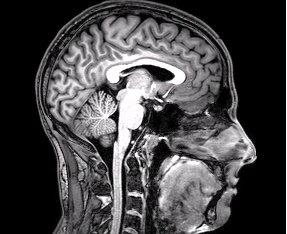
Treatment for schizophrenia usually involves the use of strong antipsychotic drugs that usually have serious side effects. But a large new study has found that people with schizophrenia can be helped by a combination of one-on-one talk therapy and smaller doses of medications.
The most common current treatment for people with schizophrenia involves strong doses of drugs that can be effective at stopping or reducing the hallucinations and delusions that the disorder causes, but which often have side effects like large weight gain, drowsiness, or severe tremors. More than two million people in the United States have been diagnosed with schizophrenia. The drug side effects are so common that three out of four patients who are prescribed medications stop taking them within a year and a half, studies have shown.
Now, results of a new study show there might be another approach to treatment. The study concluded that schizophrenia patients who received one-on-one talk therapy and family support and smaller doses of antipsychotic medication did better over the first 2 years of treatment than those who got conventional drug treatment.
The combined therapy included assistance in deciding on what education or opportunities were most appropriate based on symptoms, education for family members to increase their understanding of schizophrenia, and one-on-one talk therapy. The therapy teaches the person tools to build social relationships, reduce substance use, and help manage symptoms. Some patients can learn to deal with the voices in their head by ignoring or talking back to them.
The study was conducted at 34 community mental health centers in 21 states that were randomly assigned to either use combined therapy or conventional drug therapy. It looked at management of what is called first episode psychosis; the first break with reality for patients with schizophrenia, when they often become afraid and paranoid. The study found that the sooner people started combined therapy after a first episode, the better they did.
Some news of these findings came out early and are already producing changes in how schizophrenia is treated. The Centers for Medicare and Medicaid Services published a strong endorsement of combined therapy in its guidelines. In 2014, Congress awarded $25 million in block grants to the states for early-intervention mental health programs and 32 states are using this money to fund combined-treatment services.
The report was published in The American Journal of Psychiatry.
